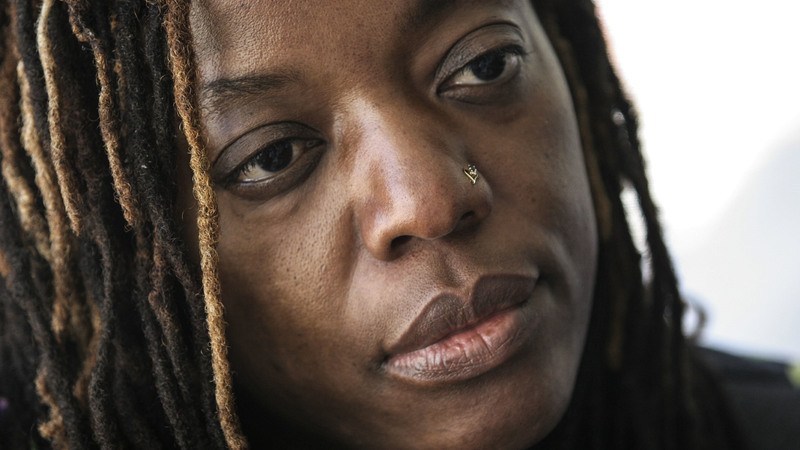
Tsitsi Dangarembga (born 4 February 1959) Zimbabwean novelist and filmmaker - Nervous Conditions (1988)
Tsitsi Dangarembga tells the struggle to get her first book published here
I had tried to get it published in Zimbabwe as I had mentioned. We had a lot of black publishers at that time. It was shortly after independence in 1980. So they had taken over from the white publishers. But these were young black men. To be charitable I could say they could not understand it. So I had actually given up. I thought writing wasn’t my thing. And then I began to read a lot of African American living writers,” she said.
The award–winning writer, determined to get her novel published, also said she then looked to see where those African American writers still living at the time were published and found out that many of them were published in the United States and according to her, she had more experience with the United States. She then went further and realized that Alice Walker’s The Color Purple was published by The Women’s Press in the United Kingdom, which also resonated with her because of her country’s colonial experience.
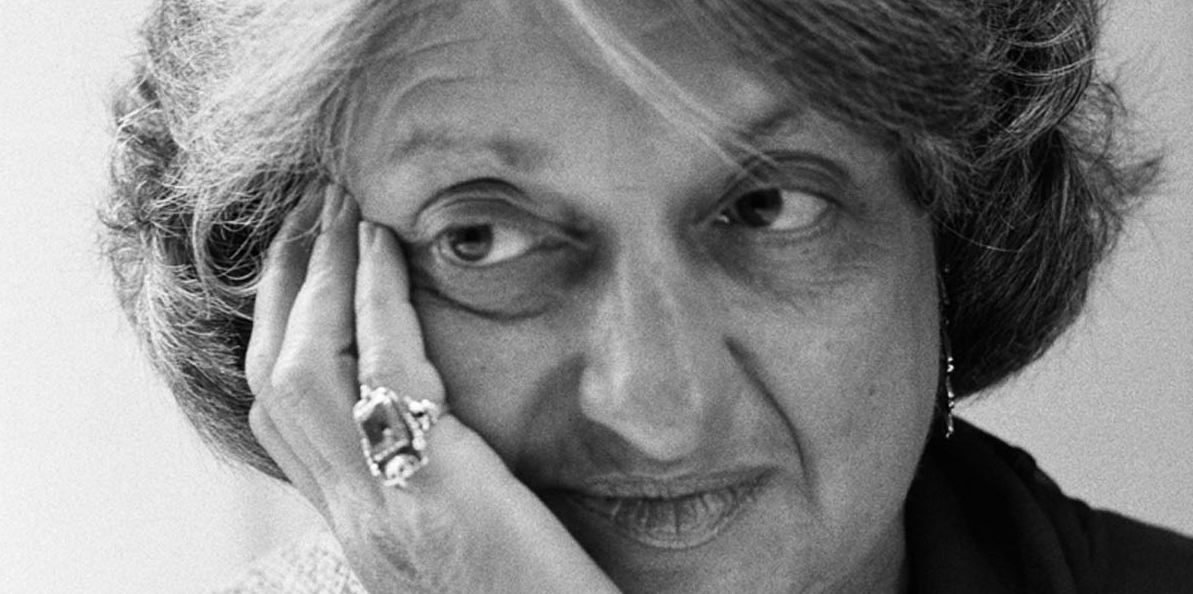
Betty Friedan (born February 4, 1921) U.S. writer, feminist – The Feminist Mystique (1963)
Read about Betty Friedan here and here
Betty Friedan talks about women and feminism (1985 interview)
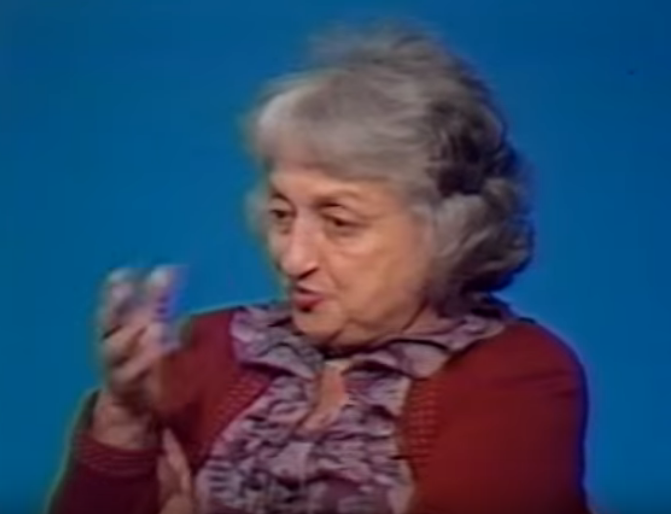
https://www.youtube.com/watch?v=PSlJIWGz2Q0
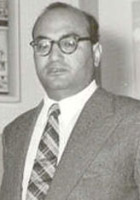
Abdul Rahman Badawi [Also spelled Abdel Rahman Badawi] (born February 4, 1917) – Egyptian philosopher
Read a biography of Abdul Rahman Badawi here
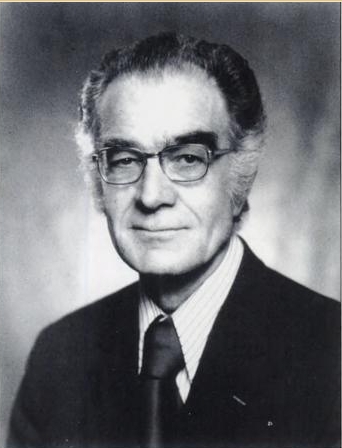
Buell Gordon Gallagher (born February 4, 1904) – U.S. Congregational minister, professor, president of Talledega College and City College of New York – American Caste and the Negro College (1938)
Read about Gallagher's part in the Talladega College murals here
Excerpt from Gallagher's 1936 article
"Reorganize the college to discharge its social function"
"...the point of view of this chapter is that bi-racialism cannot be the permanent solution of the problem of the races in the United States....The dilemma confronting us is that it is difficult to know when one is strengthening segregation by fighting it, and when one is fighting segregation by strengthening it....Are we, then, to condemn segregated peoples to decades, perhaps generations, of poor education? If we make the schools for Negroes as good as those for whites, we take part of the sting out of segregation and to that extent defeat the plea for justice; but if we do not make the segregated schools at least as good as the white schools, we cannot expect education to help us out of the present predicament."
(Journal of Negro Education Vol 5, No. 3 July 1936, pp 464-473)